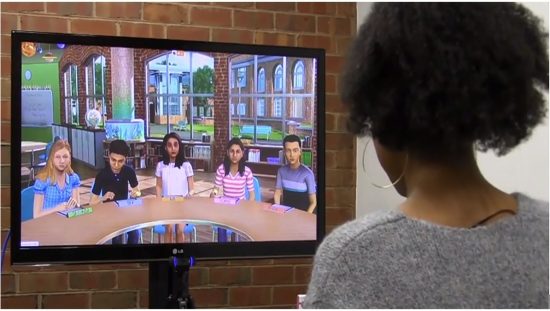Definition of Project
The term project is no longer reserved for the planned undertaking calling for the constructive thought and action. Projects means almost any undertaking. It is activity oriented but it is more than the simple activity. In educational scenario, It advocates that the education should be related to the life situation. The main focus of the projects is socializing the child and developing the problem solving ability. Some important definitions of project are as under:
- A project is a whole-hearted purposeful activity proceeding in a social environment – W. H. Kilpatrick.
- A project is a problematic act carried to completion in its natural selection – R. L. Stevenson.
- A project is a bit of real life that has been imported into the school — Ballard.
- A project is a unit of activity in which pupils are made responsible for planning and purposing — Parker.
- A project is a voluntarily undertaking which involves constructive effort or thought and eventuates into objective results – Thomas and Lang.
Types of Projects
According to Kilpatrick there are four types of projects. They are:
1. Constructive project: Practical or physical tasks such as construction of article, making a model, digging the well and playing drama are done in this type of projects.
2. Aesthetic project: Appreciation powers of the students are developed in this type of project through the musical programs, beautification of something, appreciation of poems and so on.
3. Problematic project: In this type of project develops the problem solving capacity of the students through their experiences. It is based on the cognitive domain. For instance, how to operate a bank account? or how to send a thing at distant place?
4. Drill project: It is for the mastery of the skill and knowledge of the students. It increases the work efficacy and capacity of the students. For instance, this type of project may be taken up to give drill in singing or swimming.
Other Types of Projects
Individual and Social (Group) projects: In individual projects, every student solve the problem in their own according to their interest, capacity, attitude and needs. It develops the problem solving qualities individually and not the social qualities.In Group projects, the problem is solved by the group of pupils in the class. Here the social, citizenship qualities and synergism are developed.
Simple and Complex project: In the simple projects, the students complete only one work at a time. They also focus the work in one subject or one area only. It gives the deep information about the project in one angle. The students get deeper and broader knowledge about the problem. In the complex projects, the students carry out more than one work at a time. They focus on the work in various subject and angles. Here the students get the knowledge about the work in various activities and dimensions.
OTHER RELATED POSTS



